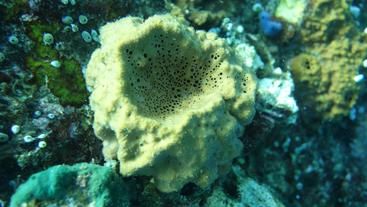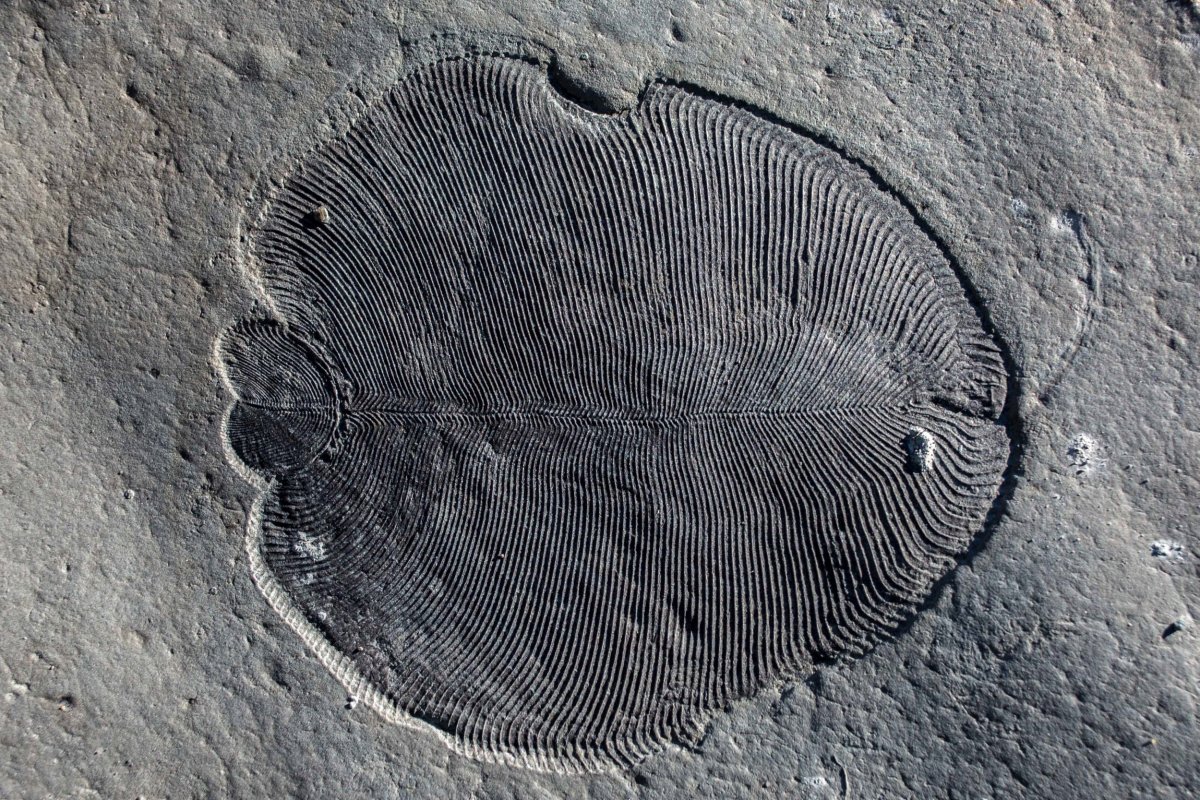
The earliest evidence of animal life on Earth has been discovered as scientists have found biomarkers they believe belongs to an ancient species of sponge dating back 635 million years.
There is evidence to suggest life first emerged around 3.7 billion years ago. Fossilized structures, discovered in Canada in 2017, were believed to be microorganisms predating the next most ancient life form by around 300 million years. However, these ancient organisms were extremely simple. It would be billions of years before the Cambrian explosion—an evolutionary burst around 540 million years ago, when animal life began appearing in the fossil record.
But when exactly did the first animal life appear on Earth?
Research published in Nature Ecology and Evolution now suggests it was thriving at least 635 million years ago. Scientists led by Gordon Love, from the University of California Riverside, have discovered a steroid compound in ancient rocks and oils that could only have been produced by sponges—known to be some of Earth's earliest forms of animal life.

Alex Zumberge, first author on the study, said the very first sponges to appear on Earth were probably extremely small and did not have a skeleton. This means they did not leave behind an easily recognizable fossil. "We have been looking for distinctive and stable biomarkers that indicate the existence of sponges and other early animals, rather than single-celled organisms that dominated the earth for billions of years before the dawn of complex, multicellular life," he said in a statement.
The compound 26-methylstigmastane—or 26-mes—is the "first animal-specific sterane marker detected in the geological record that can be unambiguously linked to precursor sterols only reported from extant demosponges," the team wrote. In other words, the compound they discovered must have come from an extinct species of sponge, meaning it is the earliest evidence of animal life ever found.
"These new findings strongly suggest that demosponges, and hence multicellular animals, were prominent in some late Neoproterozoic marine environments at least extending back to the Cryogenian period," they conclude.
In an accompanying editorial about the discovery, evolutionary scientists Joseph Botting and Benjamin Nettersheim (who were not involved in the research) said the discovery raises conundrum between the evidence of steroid biomarkers and the sponge fossil record.
"The abundance of Cambrian sponge fossils contrasts with the absence of any diagnostic fossils from the preceding Ediacaran period, pointing towards a low ecological abundance (or genuine absence) of sponges before the Cambrian explosion," they said. "So, there is a conflict between fossil support for a more recent origin of sponges and biomarker support for an older origin."
Until this problem is reconciled, they said, conclusive evidence about the world's oldest sponges will remain elusive.

The latest paper follows the discovery of another 500 million-year-old fossil that scientists claimed to be the earliest evidence of animal life. Traces of fat found in a Dickinsonia fossil appeared to show that the species, which had been subject to debate for 75 years, was indeed an animal.
Not all researchers were in agreement, however. Jonathan Antcliffe, a senior research associate at the University of Lausanne, in Switzerland, said of the research published in Science: "Modern life is less than 1 percent of everything that has ever lived. We have lost the biochemical data from over 99 percent of everything that has ever existed so we cannot pretend to know exclusively which organisms can or cannot make certain biochemicals. Particularly biochemicals that are as widely distributed across the tree of life as the ones used in this study."
Uncommon Knowledge
Newsweek is committed to challenging conventional wisdom and finding connections in the search for common ground.
Newsweek is committed to challenging conventional wisdom and finding connections in the search for common ground.
About the writer
Hannah Osborne is Nesweek's Science Editor, based in London, UK. Hannah joined Newsweek in 2017 from IBTimes UK. She is ... Read more
To read how Newsweek uses AI as a newsroom tool, Click here.








